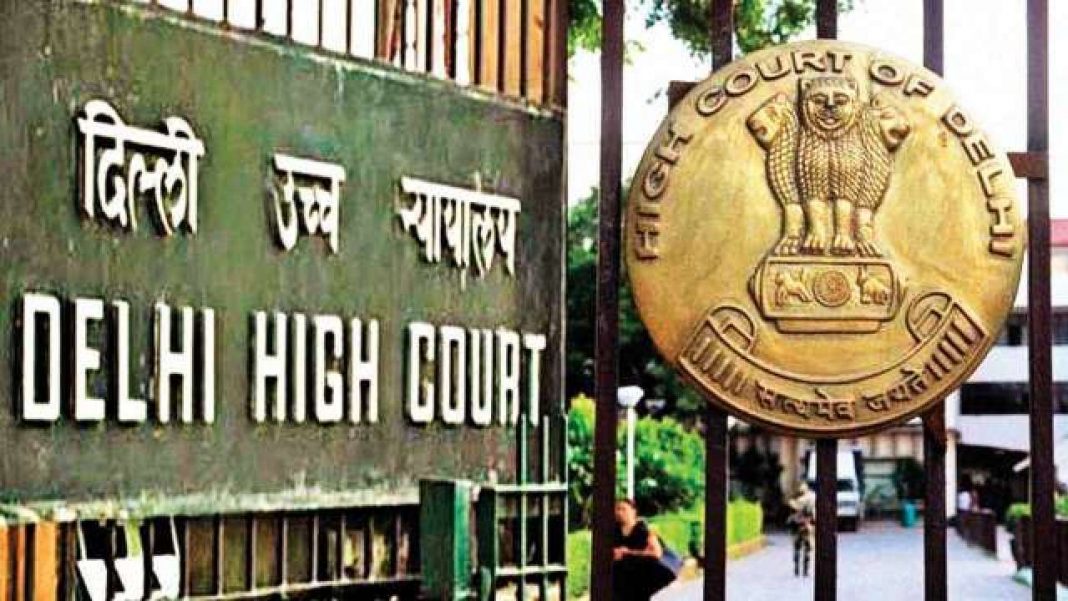Ever since the first lockdown in March 2020, physical functioning of courts in India had been put on hold, with hearings being conducted using video telecommunication platforms. Even though the courts are now gradually returning to physical hearings due to the low rate of Covid-19 infections, it is not possible for everyone to join the court physically, especially senior citizens and people suffering from co-morbidities as they face a high risk of developing a severe infection.
Even when the pandemic had not obstructed the physical hearing of courts, they had relied on telecommunication. In State of Maharashtra vs Dr Praful B Desai, the apex court had, as early as 2003, permitted evidence by video conferencing, as the witness was based in a foreign country. In fact, the e-Committee, Supreme Court of India, established in 2005, overlooks the e-courts project that had aimed to transform the judicial system of the country by the use of information and communication technology. The project seeks to:
- Provide efficient and time-bound citizen centric services in accordance with the e-Courts Project Litigant’s Charter.
- Develop, install and implement efficient justice delivery systems in courts.
- Automate processes easing accessibility of information to its stakeholders.
- Enhance judicial productivity, both qualitatively and quantitatively, making the justice delivery system accessible, cost effective, reliable and transparent.
In a recent case filed by practising lawyers Anil Kumar Hajelay and Manashwy Jha, who are senior citizens, the Delhi High Court expressed dismay over the Delhi government approving over Rs 79 crore as a revised estimate towards implementing the hybrid hearing project at all subordinate courts and quasi-judicial forums in the capital without consulting with experts. “You have put a ceiling of 79 (crore), by what logic we don’t know. You say you have reduced specifications, has anybody applied mind to say that these reduced specifications are good enough to conduct virtual proceedings?” said the division bench of Justice Vipin Sanghi and Justice Jasmeet Singh.
The division bench was hearing a plea seeking directions to hold hybrid hearings at subordinate courts and quasi-judicial bodies in Delhi on the ground that there are several counsel who suffer from co-morbidities and unable to appear before courts physically due to the Covid-19 threat. The bench also directed the Delhi government to file a status report indicating steps taken to initiate hybrid hearings in quasi-judicial and other forums.
The Court had earlier asked the Delhi government to inform it about the time it would need to provide adequate infrastructure in district courts so that hybrid hearings could be held in those courts as well.
Raising concerns over delays in providing necessary infrastructure and other facilities for functioning of proceedings in hybrid mode, the bench, on a previous date of hearing, had directed the Delhi government to file a list of all tribunals or other authorities which come within the administrative control of the government. “Access to justice is a vital right which is available to all, and on account of the ongoing pandemic, the same has been gravely hampered. The District Courts as well as the Consumer Forums/Courts & Labour Commissioners are not being able to function efficiently due to lack of infrastructure and other facilities. The arrears of cases are, therefore, mounting and the people are having to wait endlessly to get legal redressal of their grievances. There is no scientific report to suggest that we are about to see any end of the ongoing pandemic. It appears that we are in for a long haul, and hearing of cases through the online mode may have to be resorted to for an indefinite period of time, before we are able to resume full physical functioning of Courts, Consumer Courts/Forums and Labour Commissioners,” the bench stated, adding: “Therefore, in our view, the Government of the National Capital Territory of Delhi (GNCTD) cannot be seen to be hesitating or vacillating in providing the necessary infrastructure and other facilities for functioning of online Courts/quasi-judicial bodies. This is a bullet, which the GNCTD will have to bite.”
Recently, in Abdul Majid And Ors vs Employees State Insurance Corporation And Ors, Justice Pratibha M Singh had expressed her displeasure at the “dismal state of affairs” of virtual hearing. “Till date, the Cisco Webex licences and the high speed internet connection does not appear to have been obtained for enabling the smooth functioning of the CGIT. As per the status report, it is not clear if any funds have even been sanctioned for this purpose. There is also no clarity on as to when the licence provider of the Cisco Webex was contacted,” Justice Singh had stated about virtual hearing at central government industrial tribunal.
Even though hybrid hearings cannot become a permanent feature as opined by the apex court, currently the hybrid system of functioning has fallen short of its objective to facilitate the courts in dispensation of justice.
—By Shashank Rai and India Legal News Service


